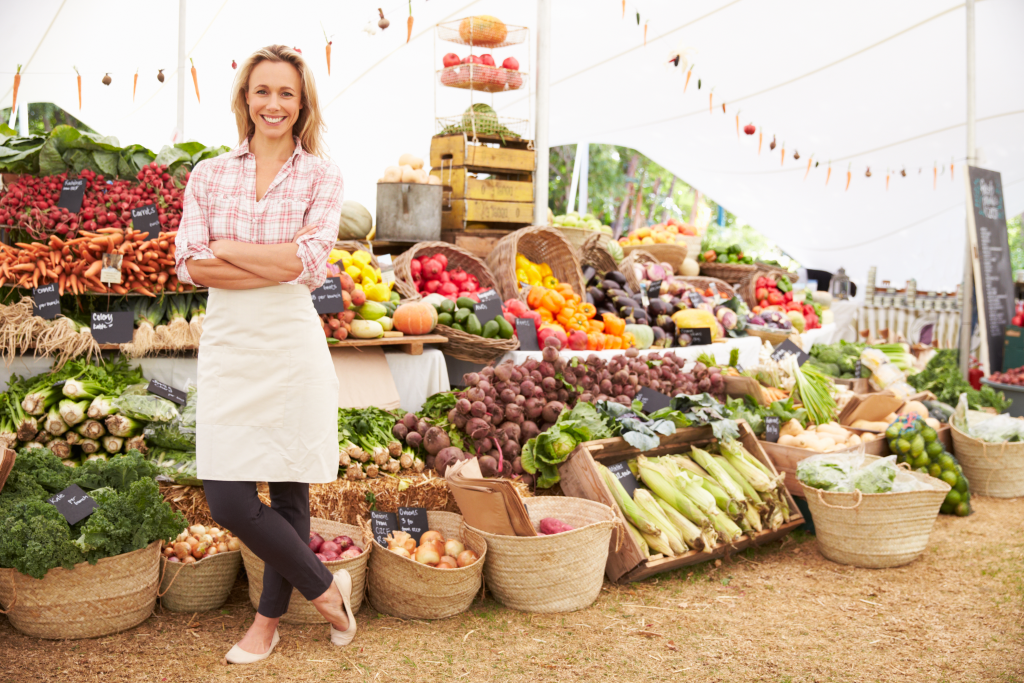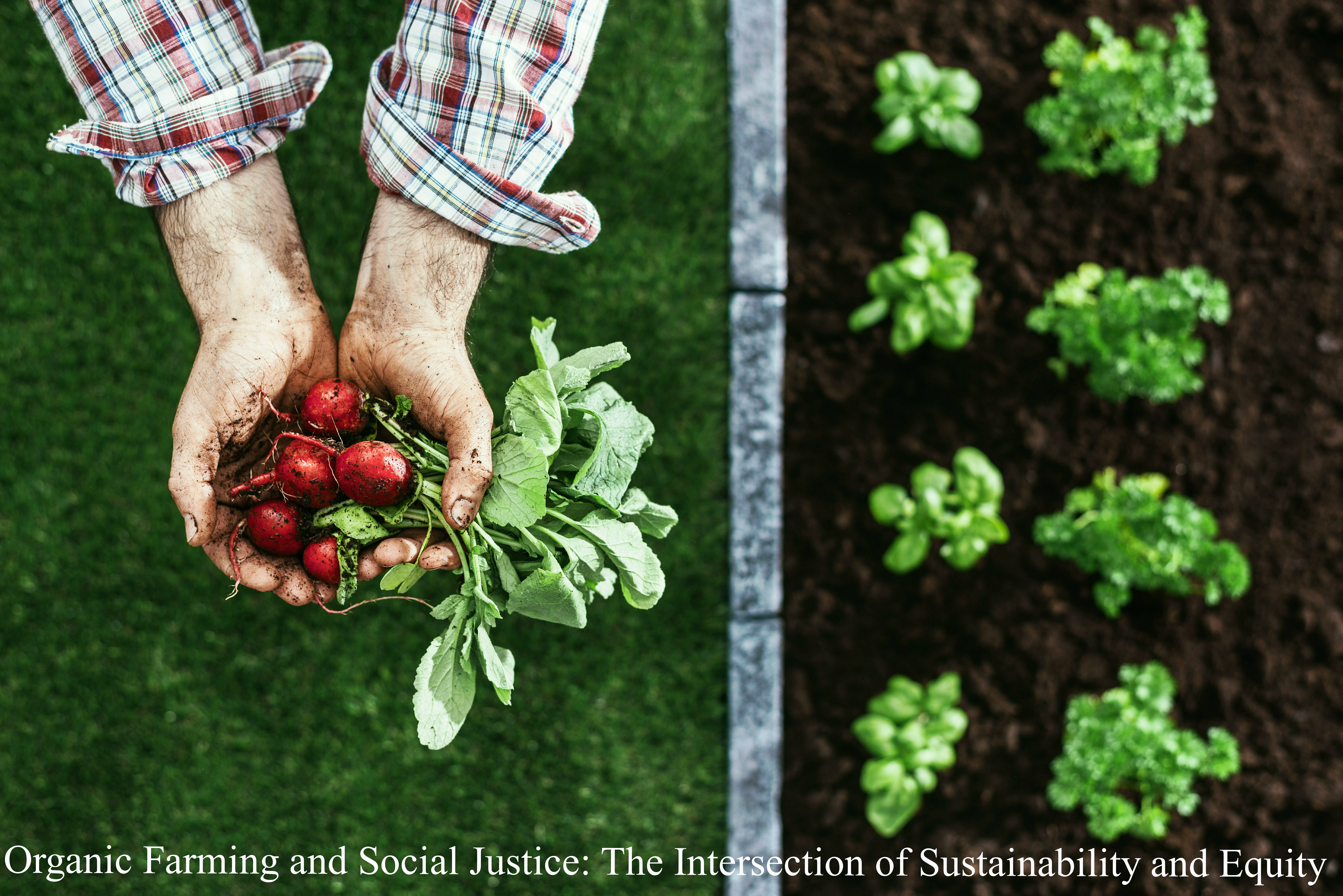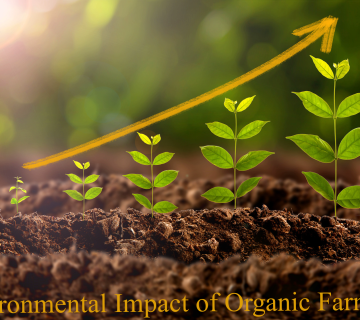Organic farming has a significant impact not only on the production of food that is better for people’s health and the preservation of the environment, but also on issues pertaining to social justice. Organic farming is built on the guiding principles of sustainability and equity, and as a result, it ensures that all members of the community have access to food that is not only fresh but also affordable, wholesome, and nutritious. In this post, we will investigate the ways in which social justice and organic farming intersect, as well as the ways in which the organic farming movement is bringing about positive change for farmers, consumers, and communities.
Access to Fresh, Nutritious Food
One of the key components of social justice is ensuring that everyone has access to fresh, nutritious, and affordable food. Organic farming supports this goal by promoting the use of sustainable, low-impact practices that minimize harm to the environment and maximize the nutritional value of the crops. By avoiding the use of harmful chemicals and promoting biodiversity, organic farming produces healthier crops that are free from harmful toxins and chemicals. This makes organic food a better choice for people who are concerned about their health and the environment.

Empowering Farmers and Communities
Another important aspect of social justice is empowering farmers and communities to take control of their own food systems. Organic farming is an excellent way to accomplish this goal. By promoting small-scale, locally-based agriculture, organic farming helps to ensure that farmers have a fair share of the profits from their work. Additionally, organic farming can help to strengthen local economies by creating jobs and supporting small businesses. When communities are empowered to take control of their own food systems, they become more self-reliant and less dependent on outside sources of food.

Environmental Justice
Finally, organic farming is a critical part of the movement for environmental justice. By promoting sustainable, low-impact agriculture, organic farming helps to protect the environment from the harmful effects of industrial agriculture. This is particularly important in communities that have been historically marginalized or are already dealing with high levels of pollution and environmental degradation. By reducing the use of chemicals and promoting biodiversity, organic farming helps to promote a healthier environment that benefits everyone.
Organic farming is about more than just producing healthy food and protecting the environment. It is also a critical part of the movement for social justice. By promoting access to fresh, nutritious food, empowering farmers and communities, and promoting environmental justice, organic farming is creating positive change for people and the planet. As consumers, we can support this movement by choosing to buy organic food and supporting local farmers who use sustainable, low-impact practices.





No comment